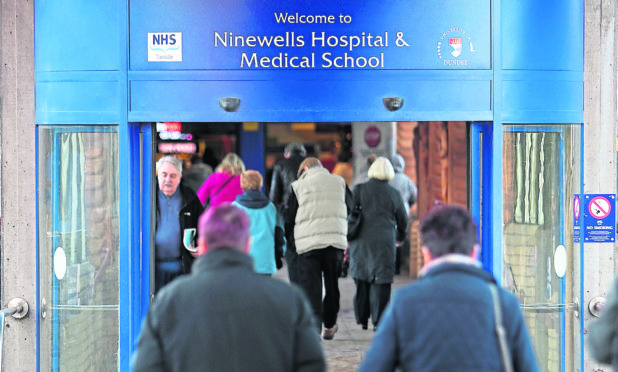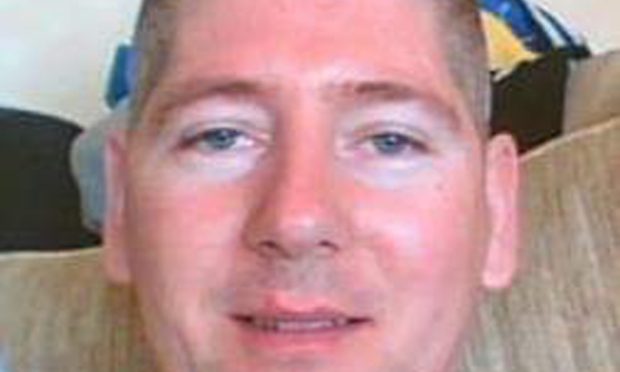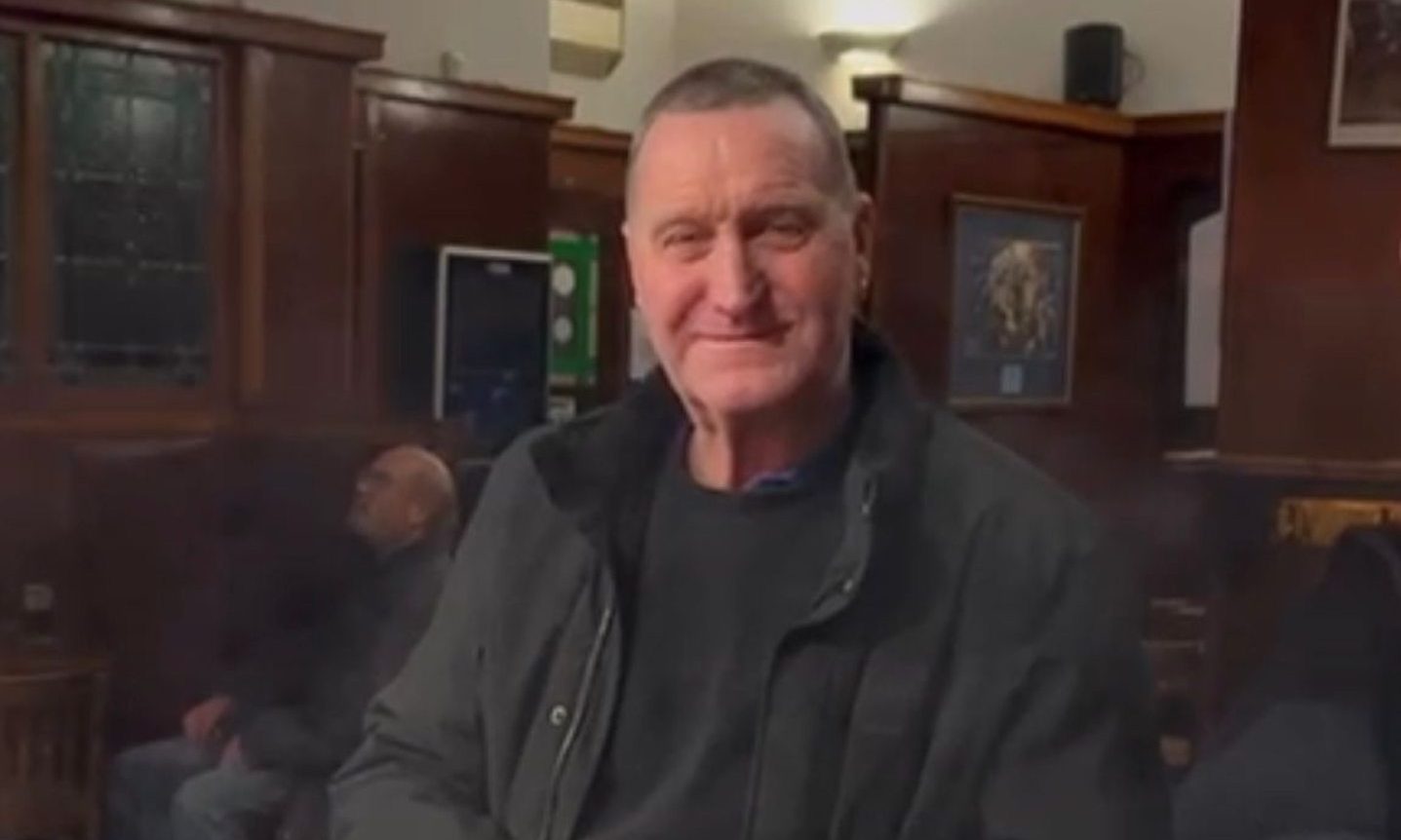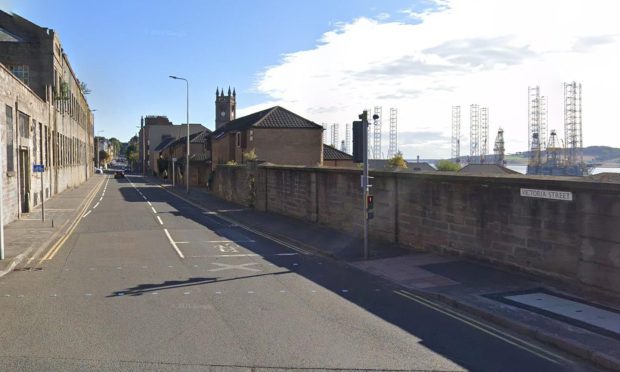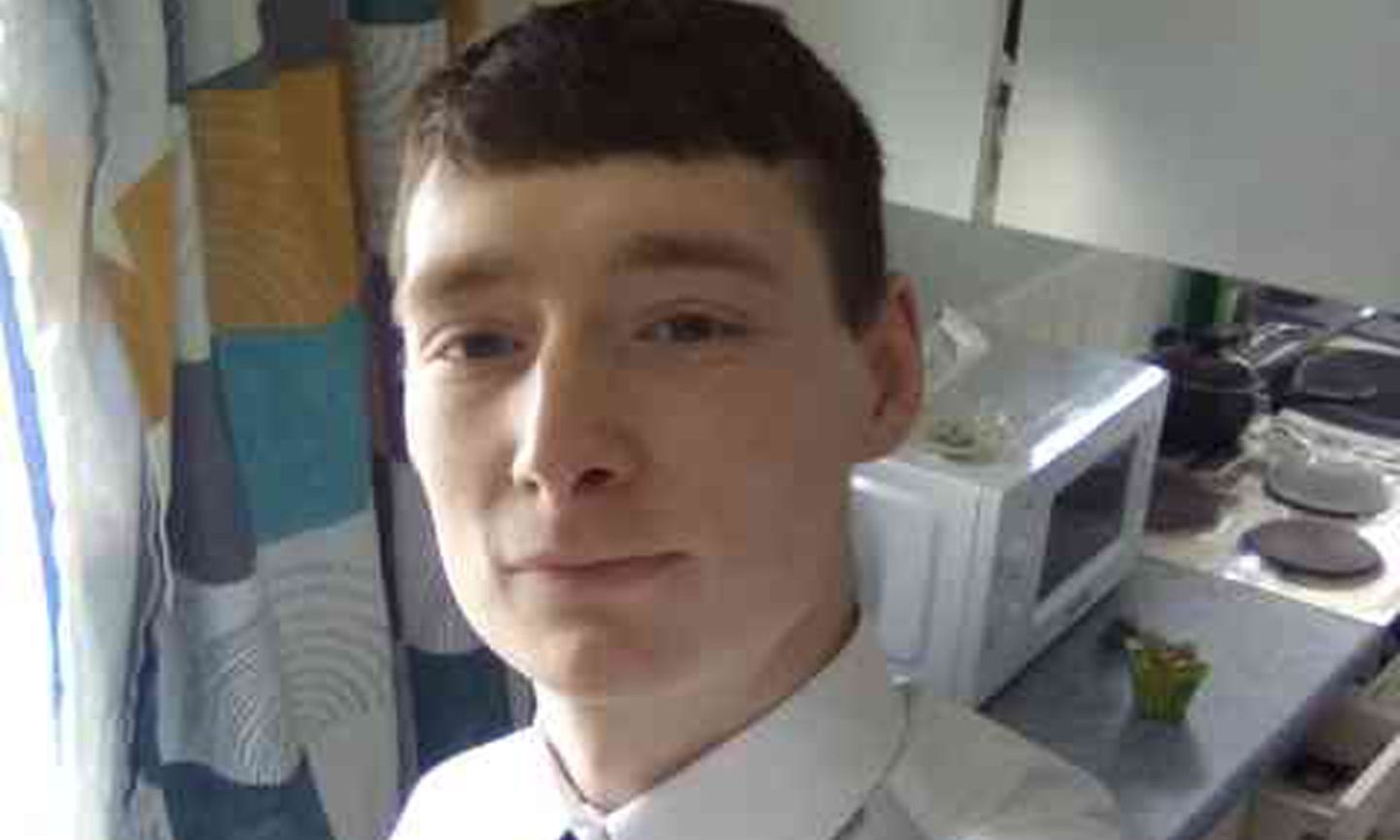A pair of NHS Tayside’s top health professionals have hailed a drop in the board’s medicine prescribing costs in the wake of a bid to transform the way patients are treated.
Hospital bosses welcomed a 3.9% reduction in the average spend per head of population on prescriptions in Tayside this year, the largest in mainland Scotland and second only to the Western Isles at 4%.
The rate is now at its lowest point since 2016 and bucks a years-long trend of steadily increasing costs. NHS Fife also saw a year-on-year reduction, of 2.5%, while Orkney saw the biggest increase nationwide at 4.2%.
Doctors and health officials in Tayside this month announced a new initiative to overhaul the way services in the region are delivered by asking clinicians, rather than managers, to redesign programmes so they better serve patients.
Senior staff involved in the Transforming Tayside scheme pointed to the health board’s renewed focus on patients’ longer term health needs and individualised treatment options to explain the reduction in costs.
Andrew Radley, a consultant in public health pharmacy and NHS Tayside’s lead on social prescribing, a means of enabling health professionals to refer patients to local services for support, highlighted the number of patients already taking “a lot” of drugs.
He said: “If we went right back to the beginning of that process and thought about the pathway they’d been on to get five, six, seven medicines, if we’d done some things differently, we might have made some different choices.
“Five, six, seven different medicines probably means 10, 11 or 12 different pills to take a day, with all the side effects and burden on your life that brings.
“By using things like social prescribing and different alternatives, designing care plans with patients that meet their aspirations and their needs, we could avoid some of that, and the money that we spent on medicines could be used, perhaps, more effectively and more usefully in providing more holistic care for people.”
NHS Tayside is also renewing focus on realistic medicine, an approach championed by Scotland’s chief medical officer Catherine Calderwood and based on doctors spending more time listening to what patients want in order to avoid unnecessary treatment.
The health board faced criticism recently after breast cancer patients were given lower doses of chemotherapy drugs than women elsewhere in Scotland without being told or given the opportunity to discuss this with their doctors.
Shobhan Thakore, an emergency medicine consultant and NHS Tayside’s clinical lead for realistic medicine, said: “I think we have certain leaders that are keen to look at prescribing and alternatives to prescribing.
“There’s a prescribing management group that are keen to look at that and we have people like Andrew [Radley] looking at social prescribing.
“So there is a movement and Tayside is the size of health board where that kind of movement could actually get traction and start to go forwards. I would like to think that 3.9% reduction is just the beginning of a kind of sea change for us.”
